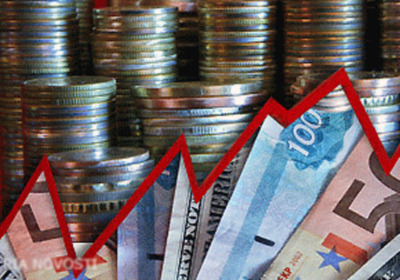RUSSIALINK: “Russia Going Nowhere in Global Competitiveness Rankings” – Moscow Times

Russia stays mid-table in rankings of the world’s most competitive economies, while Singapore leapfrogs United States into top spot
(Moscow Times – themoscowtimes.com – October 9, 2019)
Russia has failed to climb up the global competitiveness rankings, the World Economic Forum (WEF) said today, remaining in 43rd place in its influential Global Competitiveness Index.
Researchers said Russia scored highly on factors relating to technology, higher education and the adoption of digital products by consumers, but was held back by a familiar list of barriers – corruption, first of all, followed by tax rates, weak access to finance, strict regulations on business, and confusing bureaucracy.
Despite not improving in 2019, Russia has risen more than 20 places since 2013.
The WEF defines competitiveness as “the set of institutions, policies and factors that determine the level of productivity of a country.” The Global Competitiveness Report ranks every economy in the world on 103 factors including economic indicators, laws and regulations, the internal political situation, research and development, and skills of the population.
Singapore overtook the United States to become the world’s most competitive economy in 2019, the WEF said, with Hong Kong, the Netherlands and Switzerland completing the top five.
Compared with other economies, Russia came in 22nd on the adoption of technology, 32nd on its innovative capacity and sixth in terms of market potential. At the other end of the scale, Russia placed outside the top 100 in terms of corruption, openness to international trade and access to finance for entrepreneurs.
On the same day the World Bank cut its growth outlook for Russia, the WEF also raised concerns about the ability of countries to battle the next global slowdown.
“While the predicted slowdown is unlikely to be nearly as severe as the great recession of 2008-2009, policy-makers generally have fewer policy options today than they did back then to stimulate aggregate demand,” the WEF said.
“Furthermore, the geopolitical context is more challenging than in 2007, with gridlock in the international governance system, and escalating trade and geopolitical tensions fuelling uncertainty, which holds back investments, and increases the risk of supply shocks.”
